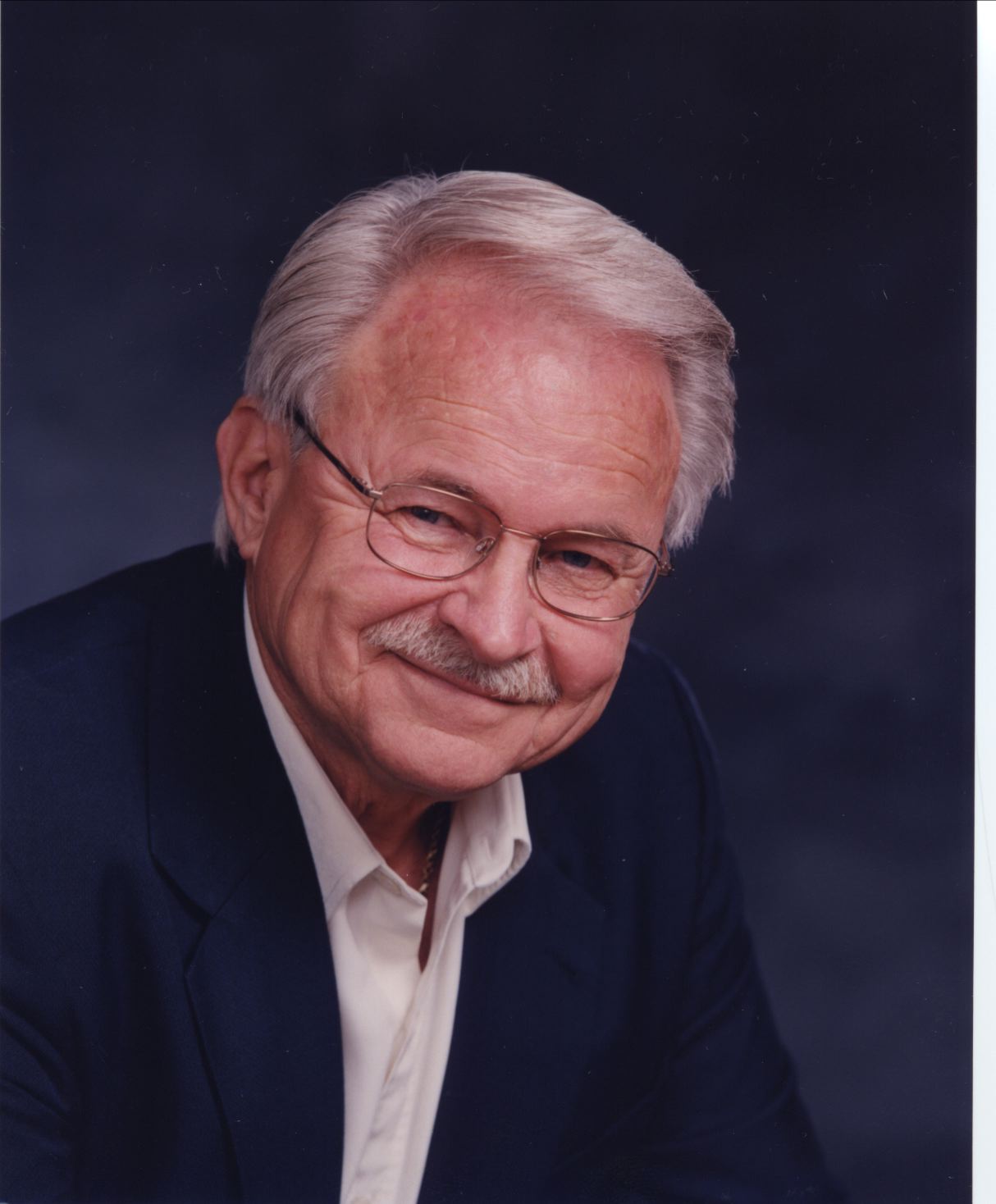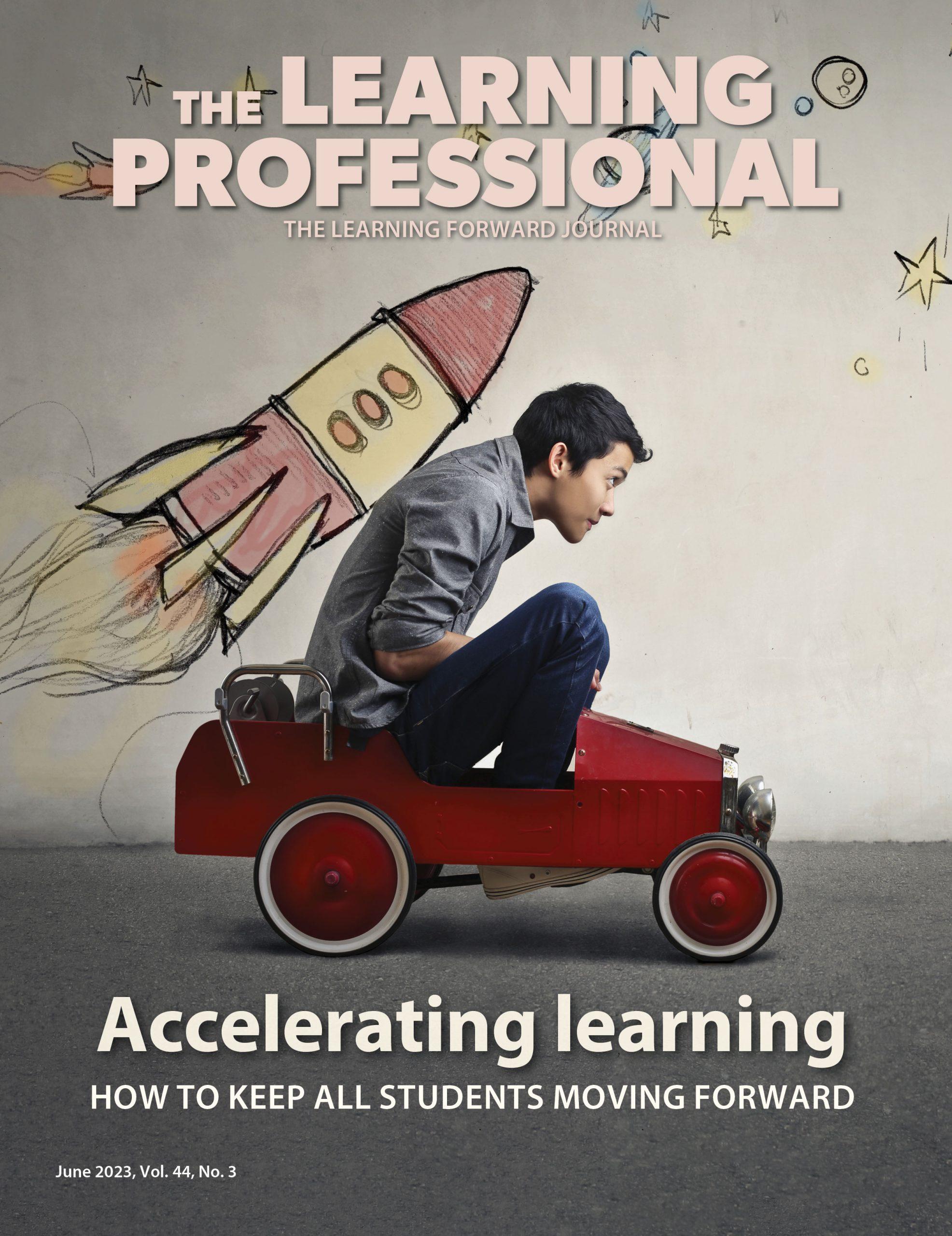Results-oriented agendas transform meeting into valuable collaborative events
By Debbie Welch and Robert J. Garmston
April 2007
Vol. 28 No. 2
Creating a culture of inquiry rather than continuing to work in a culture of isolation represents a significant change within schools that must be supported. Systems successful in improving student learning are characterized by:
- Articulated norms and values;
- A focus on student learning;
- Reflective dialogue;
- Collaborative practices; and
- Deprivatization of teaching (Louis, Marks, & Kruse, 1996).
To impact student learning, staff groups must “engage in structured, sustained, and supported instructional discussions that investigate the relationships between instructional practices and student work” (Supovitz & Christman, 2003).
Reaching a level at which instructional conversations take place, however, requires leadership, focus, and skill development.
Leaders must support the move toward instructional conversations by providing a variety of resources, including time, space for groups to meet and talk, and materials of inquiry, such as flip charts, pens, and electronic devices. Leaders also provide an instructional focus and structures and protocols for collegial conversations.
Often, when educators are attempting to create cultures of inquiry, teachers focus initially on planning special events, arranging schedules, and other administrivia. It is tough to get departments, grade-level teams, articulation groups, student study groups, and other teams to have efficient processes that guide their time together.
Focusing instructional conversations is a major accomplishment in any meeting, including teacher meetings where history has favored working in isolation. Many groups do not have the skills to construct an agenda based on learning outcomes and processes. The right agenda template saves time, develops teams, and increases productivity.
At the International School Bangkok, we began work on developing a culture of inquiry by analyzing 16 hours of meeting agendas to determine the percentage of time spent on administrivia versus teaching and learning topics. The agendas were provided by department heads, instructional team leaders, and gradelevel leaders. Analysis of the agendas revealed that more than 60% of groups’ time was spent on administrative issues, such as calendars, short-term scheduling, arranging special events, and discussing policies. The school’s administrators and teacher leaders knew they had a problem to solve if they wanted to truly move toward a learning community in which teachers engaged in instructional conversations.
The first step was to refocus staff members’ energy during the time they spent together. The most efficient and effective means of doing so was to begin with the end in mind — spend time addressing the expected outcomes by stating the purpose of group time through a clearly outlined agenda.
Leaders at the school gave learning teams four different templates. These leaders, including the deputy superintendent, had already spent time, along with many staff, learning more about creating a collaborative culture through improving groups’ ability to focus their inquiry.
Modeling their learning, the superintendent, administrators, and teachers facilitated staff and team meetings that were more efficient, inclusive, and focused on meaningful student learning topics. Facilitators saved the agenda formats electronically to share them with other groups and allow them to be adapted to fit specific groups and issues. The results-oriented agendas provided open time to analyze test data, examine student work, score common assessments, discuss effective lessons, and talk with other grade levels.
By improving the meeting agenda, groups clarified their outcomes and purposes, reduced meeting time, and increased time spent on student learning issues. How can something as simple as an agenda template have a significant impact? A well-designed agenda focuses on results. It shows topic, purpose, guiding questions, and background or process. A well-constructed agenda includes: Meeting outcomes: Identify the outcome(s) of the meeting. An agenda with several topics may have several outcomes. Reviewing outcomes with participants at the beginning of the meeting helps to “start with the end in mind.” Good outcomes describe a product, not a process. They record the desired result and offer evidence that the group has achieved its outcomes. To draft a team goal is a product. To discuss data about reading scores describes what members will do in pursuit of an outcome, but does not describe an outcome. Topics: Think about the sequence of meeting topics. Topics launch the group into action and need to be aligned with meeting outcomes and guiding questions. Which topic makes sense to discuss first? What issues need to be addressed at the beginning because information is required that will help a group get from the starting point to its outcome? Handle issues that may involve disagreements early so the group can come together before members depart. Plan an opening that sets the tone and enables participants to understand outcomes and processes. Activate prior knowledge about the first topic to get minds and voices, as well as bodies, in the room. Allow for a closing topic that ensures clarity on group decisions and next steps. Put on the agenda who is to do what by when to guarantee the meeting will end with closure. Purpose: Label the purpose of each topic. The purpose may be to dialogue (understand); inform (announcements); recommend (to another decision-making body); or decide (discussion leading to a decision). Thinking through purposes clarifies the group’s role and contributes to trust as members become clear about their roles and what is expected of them in decision making. Keep information items to a minimum or eliminate them. Much information can be communicated more efficiently in other ways, such as through e-mail.

Robert J. Garmston (fabobg@gmail.com) is an emeritus professor of education administration at California State University, Sacramento, and co-developer of Cognitive Coaching and Adaptive Schools.
Recent Issues
TAKING THE NEXT STEP
December 2023
Professional learning can open up new roles and challenges and help...
REACHING ALL LEARNERS
October 2023
Both special education and general education teachers need support to help...
THE TIME DILEMMA
August 2023
Prioritizing professional learning time is an investment in educators and...
ACCELERATING LEARNING
June 2023
Acceleration aims to ensure all students overcome learning gaps to do...








